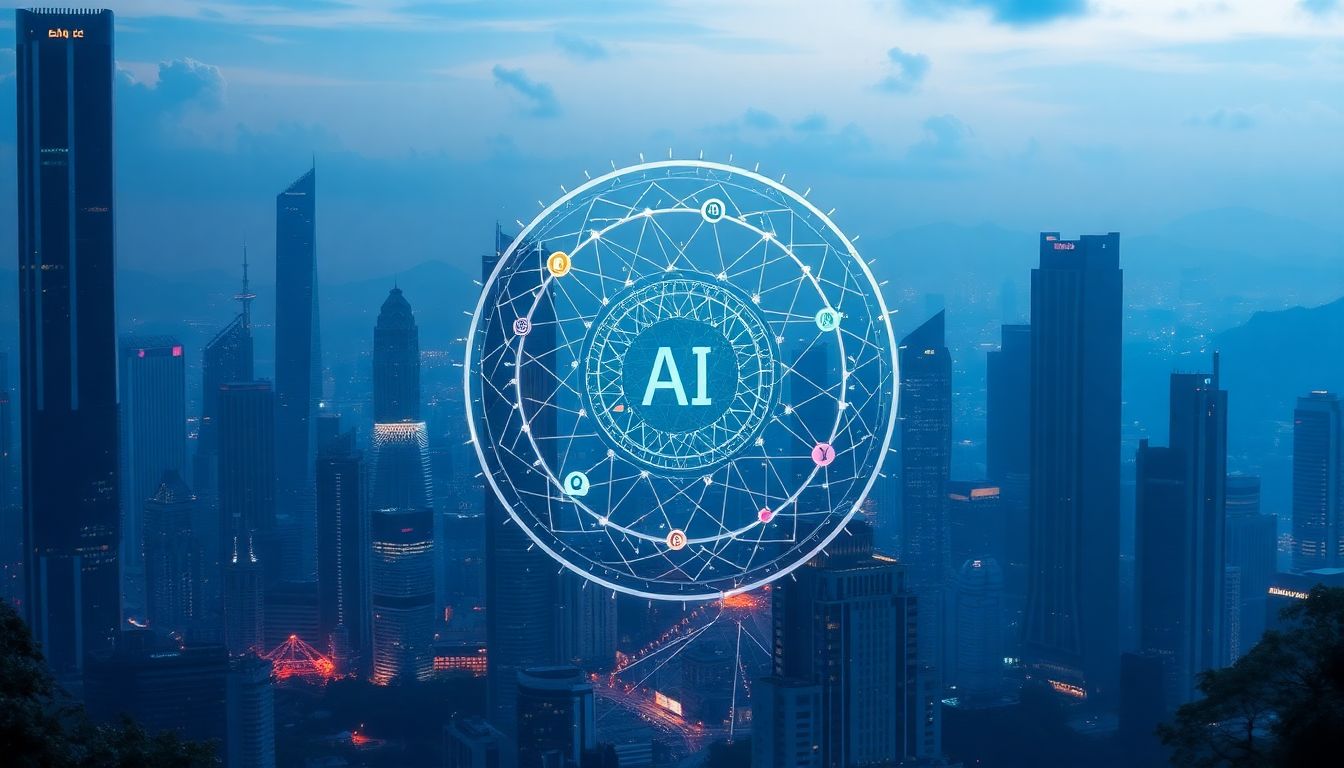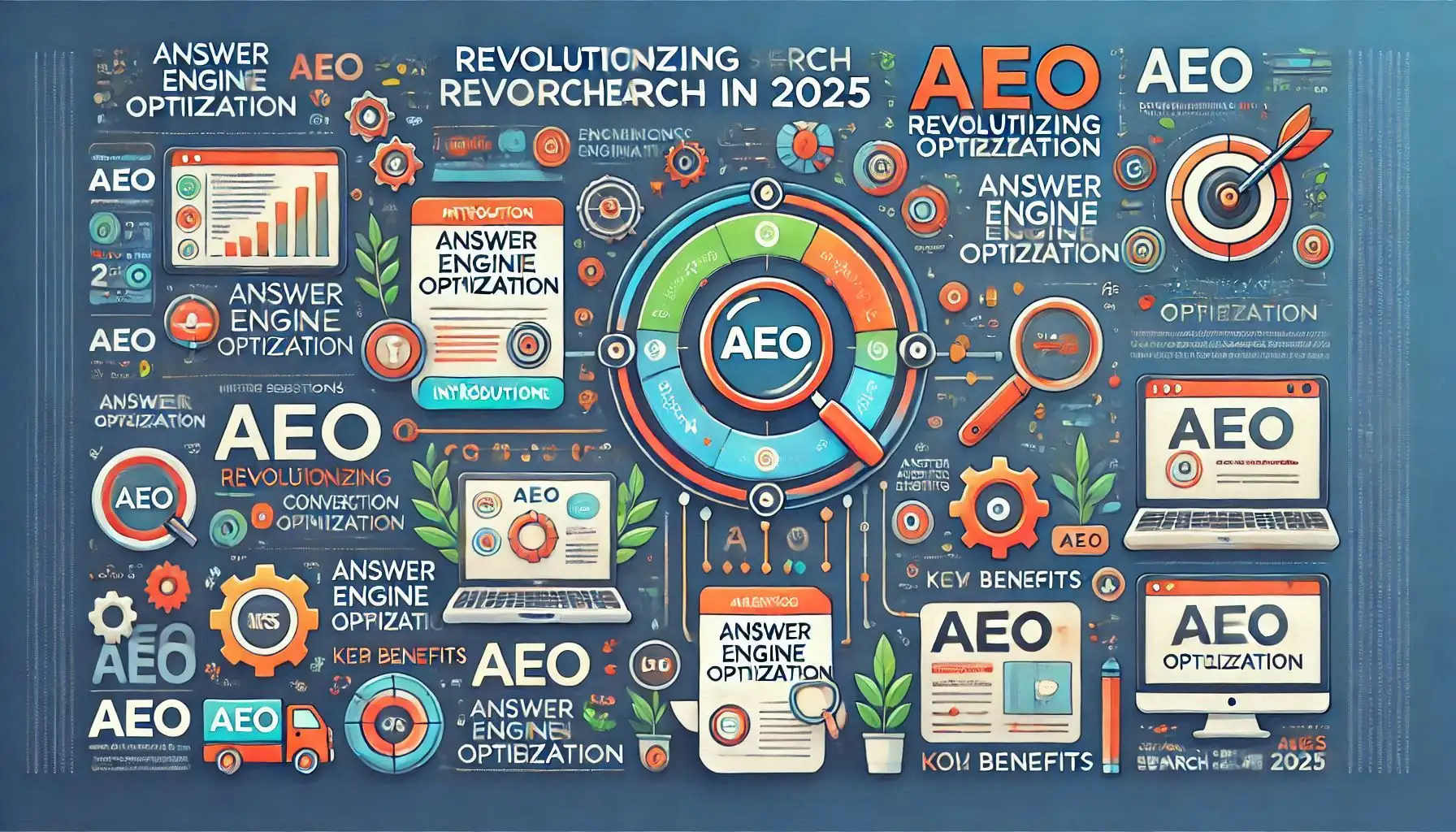AI is transforming how businesses approach SEO, with predictions suggesting a 30% increase in traffic for companies utilizing AI-driven strategies by 2025. As AI becomes integrated into digital marketing, understanding its role in SEO is essential for success. In this article, we will explore the foundational elements for effective SEO using AI by 2025.
AI-Powered Keyword Research
Understanding AI’s Role in Keyword Discovery
AI tools enhance keyword research significantly compared to traditional methods. They can analyze vast amounts of data quickly, uncovering trends and patterns that humans might miss. According to recent studies, AI-driven keyword research increases accuracy by up to 50%. For instance, tools like SEMrush provide insights into keyword volume and competition, streamlining the research process.
Long-Tail Keyword Targeting with AI
Long-tail keywords are vital for reaching niche audiences and capturing specific search intent. AI excels at identifying these keywords through algorithms that assess search behavior. By targeting long-tail keywords, businesses can improve their chances of attracting relevant traffic. Start by using AI tools to analyze user queries and create content that addresses these specific needs.
Keyword Research Tools and Best Practices
Several AI-powered tools are available for keyword research, such as Ahrefs and Moz. These platforms provide comprehensive insights and suggestions. Best practices include regularly updating keyword lists and closely analyzing competitor strategies. According to industry experts, the future of keyword research lies in AI’s ability to predict trends, helping businesses stay ahead.
AI-Driven Content Optimization
Optimizing Content for Search Intent
Search intent refers to the reason behind a user’s query. Understanding this is crucial for effective content optimization. AI analyzes user behavior and identifies intent patterns, which can guide content creation. Tools like Clearscope help marketers adjust their content to match user intent, improving relevance and engagement.
Content Quality and AI’s Role
High-quality content is a key driver of SEO success. AI tools can enhance content quality by providing grammar checks, readability scores, and keyword suggestions. Studies have shown that websites with quality content rank higher on search engines. Using AI can help ensure your content is not only well-written but also aligns with SEO standards.
AI-Assisted Content Creation and Editing
AI writing tools, such as Jasper and Grammarly, can significantly streamline content creation. These tools help by suggesting edits and generating ideas, allowing marketers to focus on strategy. Using AI responsibly involves maintaining a human touch in the final output to connect with the audience authentically.
Technical SEO Optimization with AI
AI-Powered Website Audits
AI automates the website audit process, identifying technical SEO issues with precision. Tools like Sitebulb and DeepCrawl analyze site structure, internal linking, and metadata. Experts agree that AI-driven audits provide faster insights, making it easier to rectify issues and improve search rankings.
AI and Site Speed Optimization
Site speed is essential for both SEO and user satisfaction. AI tools help optimize site speed by analyzing performance metrics and identifying bottlenecks. Start by implementing techniques such as image compression and script minification, guided by AI recommendations.
Schema Markup and AI
Schema markup helps search engines better understand your content. AI can assist in generating and implementing schema codes accurately. Websites like JSON-LD Generator simplify this process, enabling businesses to enhance visibility in search results.
AI and Link Building Strategies
Identifying High-Quality Backlinks with AI
AI tools can pinpoint high-quality backlinks and potential link building opportunities. Tools like Majestic analyze backlink profiles to provide insights on context and relevance. Quality over quantity is vital in link building; using AI ensures you pursue the best opportunities.
AI-Driven Outreach and Relationship Building
AI also aids in outreach efforts by identifying relevant websites for link building. Ethical considerations, such as personalized communication, remain important in AI-powered outreach. Experts emphasize that genuine relationship building is essential for long-term link acquisition success.
Monitoring Backlink Profile with AI
Monitoring backlinks is crucial for maintaining a healthy profile. AI tools detect unnatural link patterns and alert users to potential issues. Use this data to remove negative backlinks and strengthen your overall link profile.
Measuring and Tracking SEO Performance with AI
AI-Powered SEO Analytics Dashboards
AI-powered dashboards, like Google Data Studio, provide insights into SEO performance. They simplify data visualization, enabling marketers to track key metrics effectively. Utilizing AI for analytics leads to informed decision-making.
AI and Predictive Analytics for SEO
Predictive analytics using AI helps forecast future SEO performance. Companies like HubSpot leverage AI to adjust strategies based on predicted outcomes. This proactive approach ensures businesses adapt quickly to changing trends.
Using AI to Automate SEO Reporting
AI can automate SEO reporting, saving valuable time. Clear reporting is essential for effective communication with stakeholders. Implementing AI in reporting helps present data concisely, focusing on actionable insights.
Conclusion
In summary, the foundational elements of AI-powered SEO in 2025 include keyword research, content optimization, technical SEO, link building, and performance measurement. Embracing these strategies will not only future-proof your approach but also enhance your online visibility. As the landscape evolves, staying ahead of trends will be crucial. Start implementing these strategies today to ensure a successful future in SEO.



